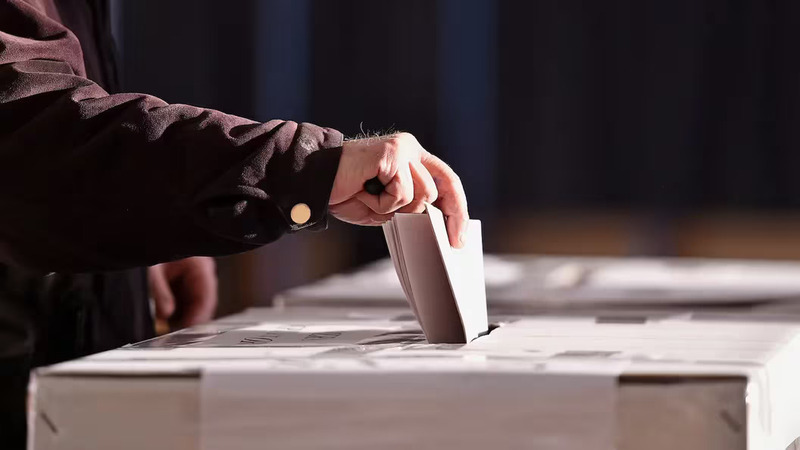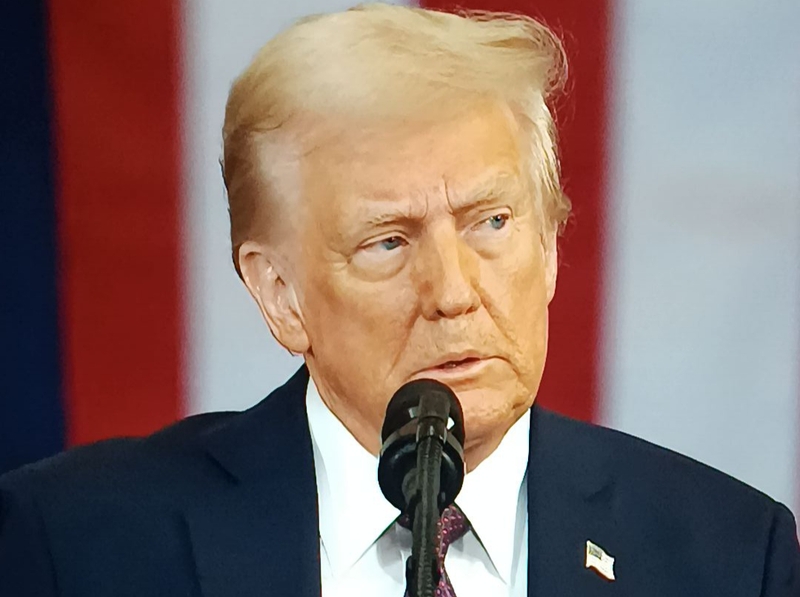
Crypto's Political Power Play: The Role Of Digital Currencies In The 2024 U.S. Presidential Elections
NorthAmerica
Politics
Cryptocurrencies are new financial assets shaping and shaking up the global financial systems. Cryptocurrencies began with the creation of Bitcoin (BTC) in 2009. It became the first decentralized digital coin/currency that relies on cryptography to conceal and ensure the identity of the users, making it the most secure way of transferring digital currencies. This is possible as it relies on blockchain, a distributed ledger system. The development of Bitcoin as a cryptocurrency led to the introduction of other cryptocurrencies such as Ethereum (ETH) 2015, Ripple (XRP) 2012, Litecoin (LTC) 2011, Cardano (ADA) 2015, Polkadot (DOT) 2016 and Dogecoin (DOGE) 2013. The existence of cryptocurrencies has forced central banks of different countries to explore the development of their cryptocurrencies based on their country's currencies. The Central Bank Digital Currencies (CBDC) are already being used in Jamaica, the Bahamas, and Nigeria. Their influence has not only grown in the financial markets but is changing the dynamics in the political space in the United States of America. This has been the case in the US Presidential elections in 2024. Cryptocurrencies have played a big role in the campaign funding of various candidates. Both democrats and republican candidates have received huge contributions from different crypto players. The Political Action Committee (PAC) and Fairshake have spent $33.7 and $54.6 million on democrats and republican candidates, Kamala Harris and Donald Trump respectively. Crypto entities such as Ripple and Coinbase have been the biggest campaign financiers in the US presidential elections. Donald Trump has received huge contributions from crypto players due to his political stance on cryptocurrencies. This has shaped the debate around the adoption and use of cryptocurrencies as they become a major form of currency transactions. It has created a discussion on policy formulation on taxation measures and regulation of cryptocurrencies. Donald Trump has stressed making the US capital of crypto in the global financial system by; creating crypto reserves as a stockpile of bitcoin, establishing a crypto advisory council, and preventing the Federal Reserve from creating digital currencies that are under research and development from other countries’ central banks. Donald Trump's pro-crypto stance is also attributed to the money market project being developed by his sons. The project is a form of decentralized finance (DEFI) built under blockchain technology that allows individuals to borrow and lend money while earning interest in crypto asset form. While Donald Trump has been pro-crypto in his manifesto campaign, Kamala Harris has been cautious on the crypto discussion, and she has not revealed much on crypto policies. This could be attributed to the fact that there have been uncertainties in the crypto markets due to the collapse of the third-largest crypto exchange FTX in the year 2022. The crypto players have also faced several court cases, as the Democrat-led government by Biden has been seeking more control in the crypto financial markets. Kamala Harris has however promised the need to support more innovation in blockchain technology. The difference in policy and stance on cryptocurrencies by democrats and republicans will contribute greatly to how Crypto Investors vote in the US Presidential elections on 5th November 2024, with Donald Trump having an edge in the cryptocurrency debate. Regardless of who takes office as the US president, the cryptocurrency discussion will go beyond the US presidential elections. The cryptocurrency markets will either boom or decline depending on who is elected as the next US president.
5 MONTHS AGO


